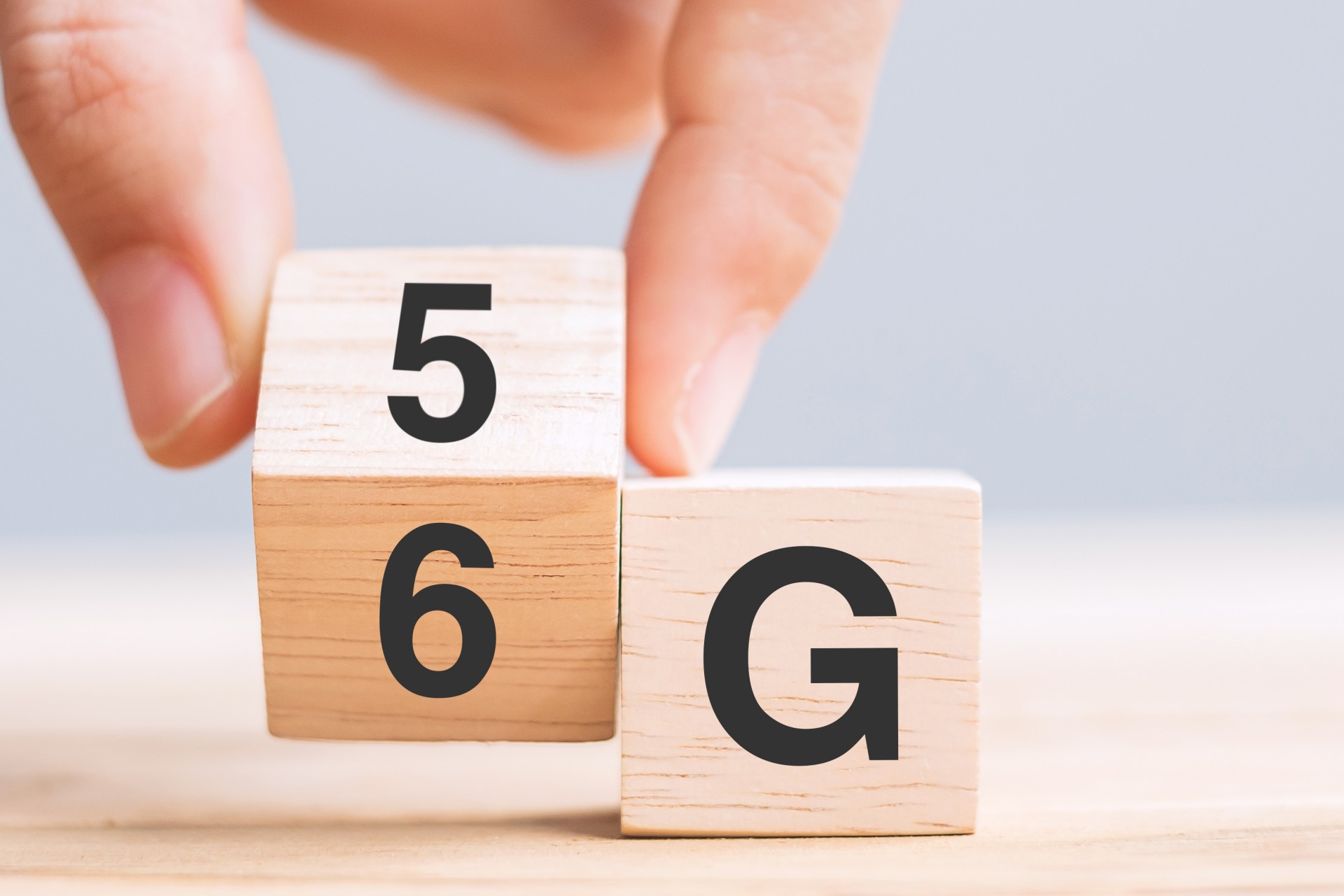How 5G and edge computing are changing the game for online retailers

How 5G and edge computing are changing the game for online retailers
In today's ever-evolving retail world, staying ahead of the curve is crucial.

Businesses that trade globally are constantly looking for tools and technology to help them grow: whether it’s targeting customers more effectively, increasing sales revenue, or staying compliant with global VAT and sales taxes.
One technology that is sure to have an impact on retailers is edge computing. Essentially, edge computing brings data processing and storage to where the data is generated (or "at the edge") and is praised for its ability to improve response times and save businesses valuable bandwidth. But what’s in it for retailers?
Take indirect taxes as an example. Edge deployments provide the ability to calculate indirect taxes locally at the point of transaction while centralizing reporting, compliance and maintenance efforts. By eliminating network connectivity and bandwidth issues, and allowing data to be transmitted securely to a central "hub" for review only when needed, edge computing can give tax authorities a much-needed right hand - especially when sales are high and transactions are pouring in in the case of.
Today, many retailers already benefit from deploying tax engines using edge technology, and the emergence of new technologies is opening even more doors.
The arrival of 5G in particular brings further opportunities for this technology to revolutionize the retail tax department. 5G, short for "fifth generation," is the latest advancement in communications technology, succeeding the now widely used 4G (LTE). 5G is designed to deliver faster data speeds, lower latency, the ability to connect large numbers of devices simultaneously, and increase overall network capacity and efficiency.
A smoother digital experience
For the retail sector, especially online retailers, the benefits of 5G are primarily discussed from the customer's perspective.
Most businesses in this industry would agree that one of their biggest goals is to provide a fast online shopping experience, where customers focus solely on the product or service at hand rather than being bogged down by a slow website. 5G will make this possible by vastly enhancing network connectivity, bringing with it a new set of immersive shopping capabilities.
For example, look at augmented reality (AR) and extended reality (XR). Today's consumers often tend to research a variety of products online before narrowing down their choices and making a purchase. With 5G-enabled AR and XR, these two tasks can be easily and seamlessly merged into one: AR can provide customers with real-time product information as they shop, and XR can let them enter a virtual dressing room or visualize furniture in their home. We've already seen companies like IKEA adopt these technologies to boost sales through virtual showrooms, and 5G will only make more digital shopping experiences possible.
5G-enabled edge computing can also facilitate real-time inventory tracking and analysis, allowing e-commerce platforms to dynamically adjust pricing based on supply, demand and competitors. This will create more accurate pricing and inventory availability for customers, further facilitating a better online experience.
In the retail world, whoever can satisfy customers' needs in the fastest and most intuitive way wins. So by creating these seamless, innovative shopping experiences, 5G can drive more sales and revenue for businesses in the future.
More sales, more taxes
So, what does this mean for tax authorities? First, the sales growth brought about by these new 5G shopping experiences creates greater demand for fast, accurate and efficient indirect tax calculation solutions.
As edge computing already provides quick solutions by allowing automatic calculation of indirect taxes at the point of sale, the availability of ultra-fast 5G networks will only further speed up these processes, further reducing latency and allowing more demand to appear on e-commerce websites during traffic peaks.